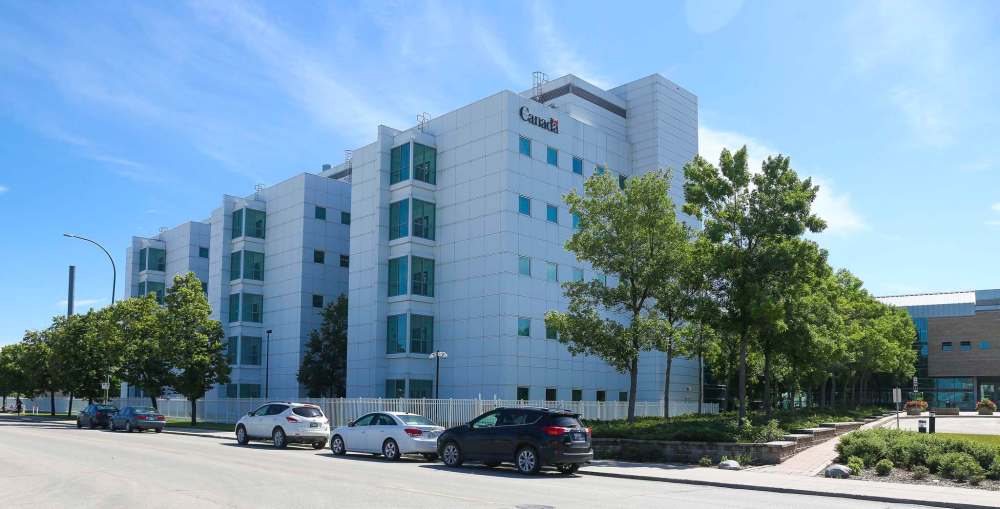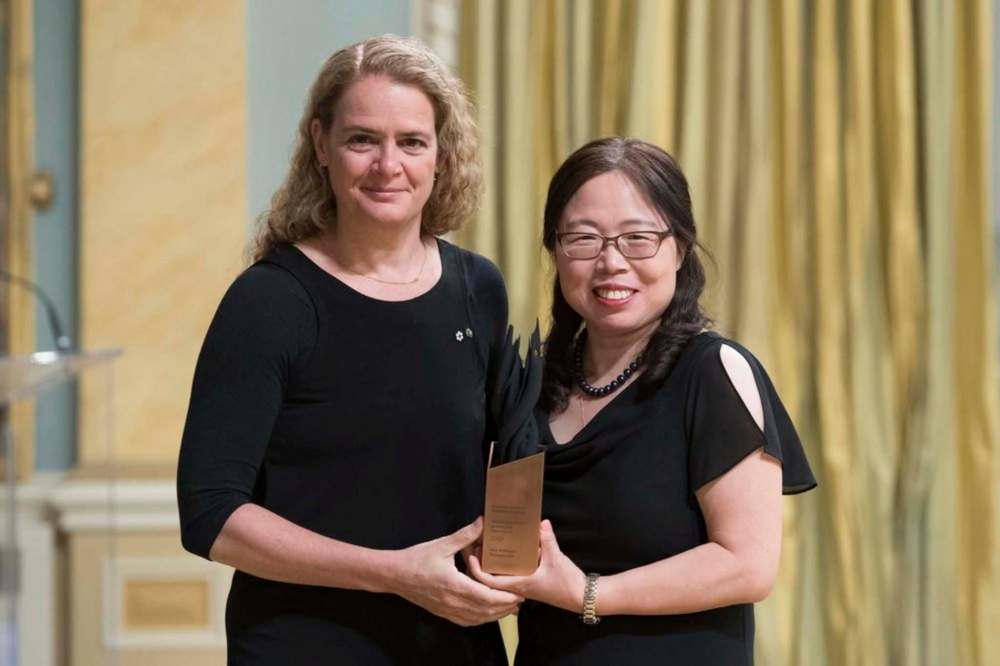Protocol ignored in pathogens transfer from Winnipeg’s microbiology lab: sources
Advertisement
Read this article for free:
or
Already have an account? Log in here »
To continue reading, please subscribe:
Monthly Digital Subscription
$0 for the first 4 weeks*
- Enjoy unlimited reading on winnipegfreepress.com
- Read the E-Edition, our digital replica newspaper
- Access News Break, our award-winning app
- Play interactive puzzles
*No charge for 4 weeks then price increases to the regular rate of $19.00 plus GST every four weeks. Offer available to new and qualified returning subscribers only. Cancel any time.
Monthly Digital Subscription
$4.75/week*
- Enjoy unlimited reading on winnipegfreepress.com
- Read the E-Edition, our digital replica newspaper
- Access News Break, our award-winning app
- Play interactive puzzles
*Billed as $19 plus GST every four weeks. Cancel any time.
To continue reading, please subscribe:
Add Free Press access to your Brandon Sun subscription for only an additional
$1 for the first 4 weeks*
*Your next subscription payment will increase by $1.00 and you will be charged $16.99 plus GST for four weeks. After four weeks, your payment will increase to $23.99 plus GST every four weeks.
Read unlimited articles for free today:
or
Already have an account? Log in here »
Hey there, time traveller!
This article was published 31/07/2019 (2328 days ago), so information in it may no longer be current.
OTTAWA — Scientists at Winnipeg’s National Microbiology Lab say colleagues recently sent samples of dangerous pathogens to China without following federal protocols.
The Public Health Agency of Canada (PHAC) has countered, confirming the lab sent “Risk Group 4” specimens to China earlier this year, but insisting it followed all safety rules.
However, multiple sources who spoke with the Free Press on the condition of anonymity, say the shipment lacked an agreement spelling out intellectual property rights, which is critical for protecting scientific research.

The spring shipment occurred amid a tense political dispute between the two countries, sparked by the arrest of a Huawei Technologies Co. Ltd. executive that has since led China to boycott canola and pork imports, and arbitrarily detain two Canadians.
The incident likely sparked the RCMP investigation that resulted in renowned Ebola researcher Xiangguo Qiu being removed from the Winnipeg lab earlier this month. She has not been charged.
Level 4 viruses such as Ebola are rated as the most deadly to humans, being highly contagious and often incurable. Sending such specimens requires meticulous tracking from the moment they leave the Arlington Street laboratory.
PHAC signs material transfer agreements with governments and companies in places such as the United States and parts of Europe in order to spell out rules around copyright, patents and published works. Agriculture and Agri-Food Canada can also ink MTAs when they involve animal diseases or plant samples.
However, this spring’s shipment to China did not fall under an MTA, sources told the Free Press, meaning it’s unclear if there was any protection for the intellectual property surrounding the samples.
The agency asked Manitoba RCMP on May 24 to investigate “possible policy breaches,” and has only described it publicly as “an administrative investigation.”
At one point, the Free Press has learned, scientists couldn’t find the specimen book, which technicians use to track the various iterations of a pathogen and how many copies of it exist. The book was later recovered.
“All transfers of Risk Group 4 samples follow strict transportation requirements and are authorized by senior officials at the lab,” PHAC spokesman Eric Morrissette said in a statement. “On the specific shipment to China earlier this year, we can confirm that we have all records pertaining to the shipment.”
He said the National Microbiology Lab keeps samples of all shipments as part of laws governing human pathogens, biosafety and the transport of dangerous goods.
The PHAC statement made no mention of an MTA with the China shipment.
The Winnipeg lab is famed for developing ZMapp, the Ebola vaccine, of which Qiu was one of the lead developers.
Qiu has not responded to interview requests.
On July 5, officials withdrew security passes for Qiu, her husband, Keding Cheng (who is also a biologist), and at least two students of Chinese origin. The University of Manitoba has also cut ties with the couple, and said it reassigned the students.
As of this week, the university has scrubbed its website of the profile pages for both former adjunct professors, whom it has repeatedly stressed it had never paid.

Qiu specializes in the Ebola and Marburg viruses, and first came to Canada in 1996. In 2018, Gov.-Gen. Julie Payette presented Qiu with an innovation award for her role developing ZMapp.
China intellectual property expert Mark Cohen is not familiar with the situation, but said it might involve a genetically modified virus that can be used to develop products such as vaccines.
“In the biologics business, having the right strain to grow a particular protein or virus or antibody can be extremely valuable,” said Cohen, a professor at University of California, Berkeley, who was IP attaché at the U.S. embassy in Beijing.
Micro-organisms can be patented by through a process known as a Budapest Treaty deposit, but if a sample hadn’t been through that process, Canada’s claim over the specimens would not be protected.
“Frankly, if it’s already in China, cat’s out of the bag,” he said. “They’re probably culturing it already.”
The Winnipeg lab is one of the few in the world equipped for Risk Group 4 pathogens, the highest biohazard classification. China only launched an equivalent lab in 2015.
PHAC declined to make lab scientific director Matthew Gilmour available for a Tuesday interview.
The agency and the RCMP have stressed there is no known risk to public health — a point echoed by numerous sources familiar with the incident.
If anything, the meticulous safety tracking involved has raised questions as to how the sample left the lab without an MTA.
In the past, officials in Ottawa have questioned how well PHAC patents its work, with a concern the Ebola vaccine will have American pharmaceutical companies reaping an unfair share of the profits from ZMapp.
dylan.robertson@freepress.mb.ca



